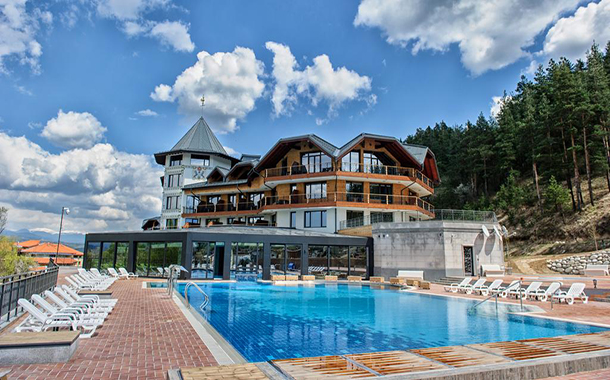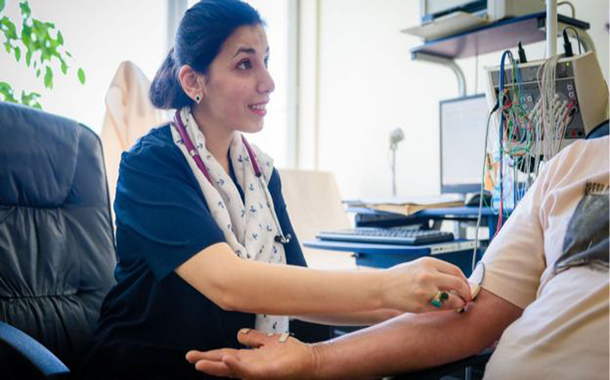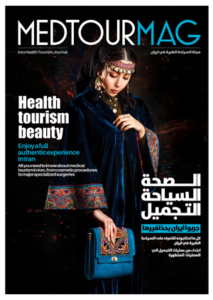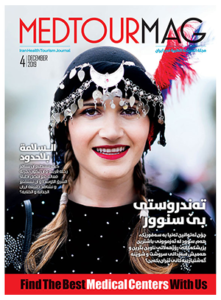Medical Tourism in Bulgaria is off to a promising start with foundations based on cosmetic and dentistry patients
When it comes to medical tourism, we have a set of well-established key players in the industry that medical tourism buffs are well familiar with them. Much like Ukraine, Bulgaria was not even considered a middle power in the industry throughout the years. Yet, much like Ukraine it is receiving an increasing number of medical tourists per year, and again much like Ukraine, these tourists tend to go to Bulgaria for cosmetic and dental purposes.
Unlike Ukraine however, Bulgaria is not plagued by internal conflicts and is a member of the European Union, and as a result, it abides with the union’s medical regulations and maintains a higher average quality of treatment. This does not mean however that Bulgaria is another expensive and bland European state, Bulgaria has added its own distinctive regulations and changes to make medical tourism in the country more and more appeasing. These include investments in medical tourism resorts, medical tourism-exclusive medical centers with regulated prices in the capital Sofia and government backed supportive ops.
All of this has led to Bulgaria attracting close to 50,000 thousand medical tourists in 2019, and while that is not much compared to medical tourism powers, it is double the number from 2018. For a newly entered player to the medical tourism industry, this number is very promising, and heralds a rising medical tourism destination in the Balkan region.
As the trend dictates with new medical tourism players, the recipe for initial success rarely changes, and Bulgaria is no exception: They offer high quality medical treatments for low prices. Nearly all the medical procedures that Bulgarian clinics and hospitals offer are several times cheaper than their equivalents in countries such as Germany, UK, France, etc. keep in mind however, that these procedures are only cheaper if they’re not paid from the Bulgarian national healthcare system.
Low prices are not all that attracts patients to Bulgaria however. In the recent decade the country has experienced a “Medical Revolution” and the number of well-known specialists in different health fields has drastically increased as a result. Bulgaria has worked well to market this medical growth to attract medical tourists, while the countries natural attractions make up for an excellent natural medicine selling point. Provided this growth continues, Bulgaria can easily become competitive with Western Europe and even get ahead of them. Now that we have established the basics of medical tourism in Bulgaria, we will examine some of the treatments that have elevated them to where they are today.
Balneo and Physio therapies

Bulgaria offers excellent luxurious spas and resorts, both along the black sea coast in vicinity of its famous mineral waters springs, such as pictured above
Back in the 2000s, when medical tourism was still on it first steps, spa and recovery tourism began to rapidly grow in popularity, and especially so in Balkan and Slavic countries, as these cultures are quite familiar with spas and medical resorts. Bulgaria has one of the largest numbers of hot springs and mineral water resources in Europe and combining that with the early lead that it had due to its Balkan culture, it has managed to become a premier destination for physio and baleno therapies.
Nowadays the physiotherapy sector is one of the best developed in the country. Thousands of people visit Bulgaria just to take advantage of the healing properties of the mineral water or healing mud that can be found on the Black Sea coast.
The exorbitant number of Bulgaria’s mineral water springs are scattered across the entirety of its territory and it has been scientifically proven that these mineral water resources share the exact quality that is found in world-renowned and famous resorts such as Baden in Germany and Vichy in California.
The prices for some standard procedures such as cleaning tooth caries is disproportionally low, costing only 30-40 Euros
These balneology and mud bath therapy centers are exceedingly popular with both the local population as well as foreign travelers, due to their amazing healing properties. These centers offer a variety of different rehabilitation programs for numerous injuries and intricacies. While these springs are not an anomaly in the European geography, it is affordability and low costs that separate Bulgaria from others. To exemplify a medical package including accommodation, food, and therapy for a week rarely cost more than 900 to 1300 Euros which is cheaper compared to the prices in rival countries.
Cosmetic Procedures
Another key part of medical tourism in Bulgaria is the cosmetic medical industry. Usually in Bulgaria, plastic surgeries and cosmetic treatments are not carried out in state-run hospitals or clinics. There is a wide network of private clinics that offer a plethora of high-quality procedures. As a result of rapid growth of popularity for cosmetic treatments in Eastern Europe, standards for these treatments in Bulgaria are really high. This central position also causes a severe competition between different specialists and clinics to acquire only the best equipment and treatment methods to outdo each other, and therefore ensures a constant high quality in the cosmetic field.
But what really attracts the patients to Bulgaria is not only the quality service, but the extremely low prices of the procedures compared to Western Europe. In Bulgaria, they are about a few times lower than the cost of the very same ones in western countries.
Dental tourism in Bulgaria
It is usually known that cheaper prices equal lesser quality. Bulgarian dentistry is a testament that this statement can be defied. As much as 40 percent of all incoming medical tourists to Bulgaria are coming to the country from neighboring states and for dental treatments.
There are thousands of different clinics all over the country where you can have all of the procedures you need to be done. The prices for standard procedures such as cleaning tooth caries is disproportionally low, costing only 30-40 Euros; while the same exact treatments, can cost up to 100 Euros in the western parts of Europe. The vast difference in pricing, however, does not translate into a difference in quality. Bulgarian dentistry is well-known for keeping up with modern technologies and methods of the day.
Article by: Parsa Khaknezhad







